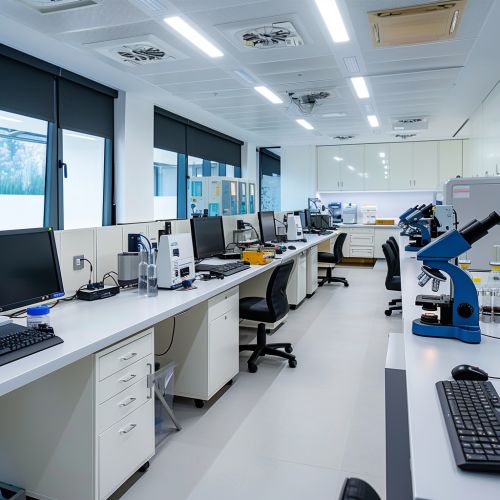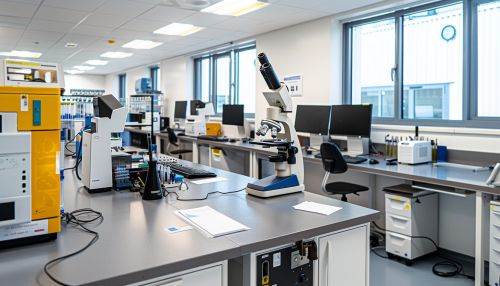Jennifer A. Doudna
Early Life and Education
Jennifer Anne Doudna was born on February 19, 1964, in Washington D.C., United States. Her father, Martin Doudna, was an English literature professor, and her mother, Dorothy Doudna, was a stay-at-home mom who held a Master's degree in education. Doudna's interest in science was sparked at a young age by a copy of The Double Helix, a book about the discovery of the structure of DNA, written by James Watson.
Doudna attended Pomona College in Claremont, California, where she studied biochemistry. She graduated with a Bachelor of Arts degree in 1985. After her undergraduate studies, she pursued a Ph.D. in Biological Chemistry and Molecular Pharmacology at Harvard Medical School. Under the guidance of renowned chemist and Nobel laureate Jack W. Szostak, Doudna completed her doctoral studies in 1989.
Career and Research
Following her Ph.D., Doudna conducted postdoctoral research at the University of Colorado Boulder, working with Thomas R. Cech, a Nobel laureate known for his work on RNA. Her research focused on the structure and function of RNA, including RNA's role in catalyzing chemical reactions, a property previously thought to be exclusive to proteins.
In 1994, Doudna joined the faculty of Yale University as an assistant professor in the Department of Molecular Biophysics and Biochemistry. During her tenure at Yale, she made significant contributions to the field of RNA biology, particularly in understanding the structural basis of RNA function.
In 2002, Doudna moved to the University of California, Berkeley, where she currently holds the position of Professor of Chemistry, Professor of Biochemistry & Molecular Biology, and Li Ka Shing Chancellor's Chair in Biomedical and Health Sciences. At Berkeley, Doudna's research has continued to focus on RNA and its role in biology.
CRISPR-Cas9
In 2012, Doudna and her collaborator, Emmanuelle Charpentier, published a landmark paper in the journal Science, describing a simple yet powerful technology for editing genomes, known as CRISPR-Cas9. This technology allows scientists to easily change DNA sequences and modify gene function. Its many potential applications include correcting genetic defects, treating and preventing the spread of diseases, and improving crops.
Doudna and Charpentier's work on CRISPR-Cas9 has revolutionized the field of genetic engineering and has been recognized with numerous awards, including the 2020 Nobel Prize in Chemistry. Despite the widespread acclaim, the discovery has also sparked ethical debates about the potential misuse of the technology, particularly in the context of human germline editing.
Awards and Honors
Throughout her career, Doudna has received numerous awards and honors for her contributions to the field of biochemistry and molecular biology. Some of the most notable include the Breakthrough of the Year by Science magazine in 2015, the Kavli Prize in Nanoscience in 2018, and the Nobel Prize in Chemistry in 2020, which she shared with Emmanuelle Charpentier for their work on CRISPR-Cas9.
Personal Life
Doudna is married to fellow scientist Jamie Cate, a professor of biochemistry, biophysics, and structural biology at the University of California, Berkeley. They have one son, Andrew. Doudna is known for her advocacy for women in science and has spoken publicly about the challenges and rewards of balancing a career in science with family life.
See Also


